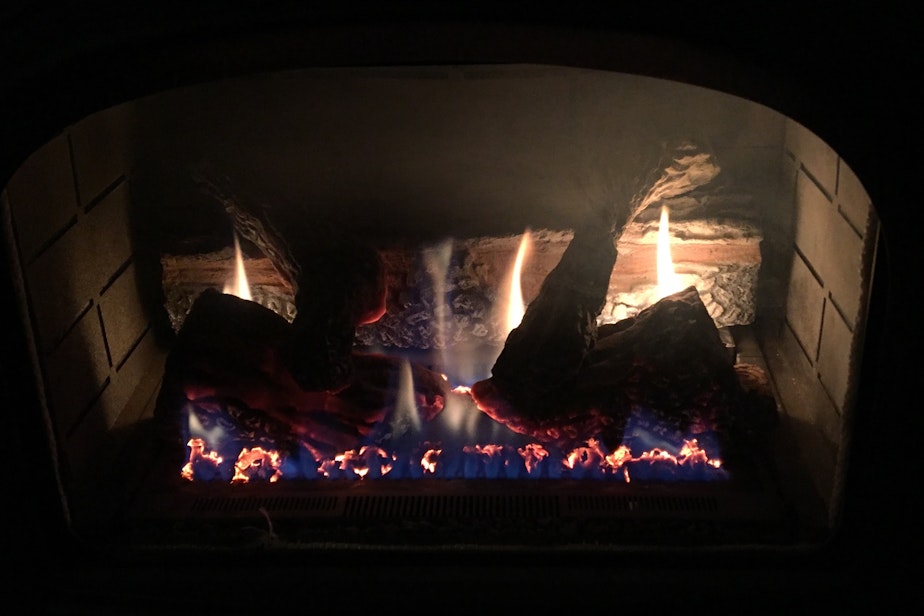Shoreline nixes natural gas in climate change move, but not all is snuffed out

San Francisco. San Jose. Seattle. Shoreline.
All these cities have now banned most uses of natural gas in new buildings as part of their efforts to help protect the global climate.
The Shoreline City Council unanimously approved a new energy code on Monday that prohibits most uses of fossil fuels in new commercial buildings and larger residential buildings.
It also requires better insulation and other measures so the buildings don’t need so much energy in the first place. The measure takes effect in July 2022.
RELATED: New bus fuel is 'carbon neutral,' Pierce Transit claims. It's not
"I just try to think, ‘How would we explain it to our grandchildren 50 years from now that in the year 2021, we were still building homes that are absolutely dependent on the combustion of fossil fuels?’" Shoreline Mayor Will Hall said before the vote.
Building of some homes with fossil-fuel hookups can continue in Shoreline past next year: The Washington state building code prohibits cities from imposing energy-use restrictions on single-family homes and other residences shorter than four stories tall.
Sponsored
“We are at a critical junction in our need to change the course of history and start moving toward a zero-carbon future,” 76-year-old Shoreline resident Dennis Heller said.
“My generation is counting on you,” Shorecrest High School sophomore and climate justice club member Lily Fredericks said.
City building official Ray Allshouse said the proposal had broad community support, with only one public comment against it.
In addition to the gas ban, the energy code encourages the use of heat pumps, which can both heat and cool homes with relatively little energy use.
“Heat pumps are inherently more efficient,” Allshouse said.
Sponsored
A spokesperson for Puget Sound Energy, which sells natural gas to nearly 900,000 customers in Washington state, said after the vote that the utility is “fuel-neutral.”
“Natural gas is an essential part of the energy system,” spokesperson Andrew Padula said in an email that was almost word for word the same statement he sent to KUOW in February after Seattle banned gas use in new buildings.
Padula said Puget Sound Energy was a staunch proponent of hydrogen fuel and methane gas from sources like manure, sewage, and landfills. He said the utility has a voluntary goal of reducing carbon emissions 30% from its gas sales by 2030.
Natural gas is mostly methane, a climate superpollutant when it enters the atmosphere unburned.
Capturing methane leaking from waste products could replace between 3% and 5% of natural-gas use in Washington, according to a 2019 study from Washington State University and the Washington Department of Commerce.
Sponsored
Washington state burns enough natural gas each month, almost all of it from hydraulic fracturing operations in western Canada, to fill Lake Washington.
The Bellingham City Council is set to consider a similar fossil-fuel ban December 13.
The King County Council is expected to take up a similar proposal from King County Executive Dow Constantine in January 2022.
The Seattle and Shoreline bans don’t affect single-family home construction or existing buildings.
At the global climate talks in Scotland in November, Seattle Mayor Jenny Durkan proposed requiring existing large buildings to reduce their fossil fuel use, starting in five years.
Sponsored
A total of 50 cities in California have banned gas in new construction, according to the Sierra Club.




